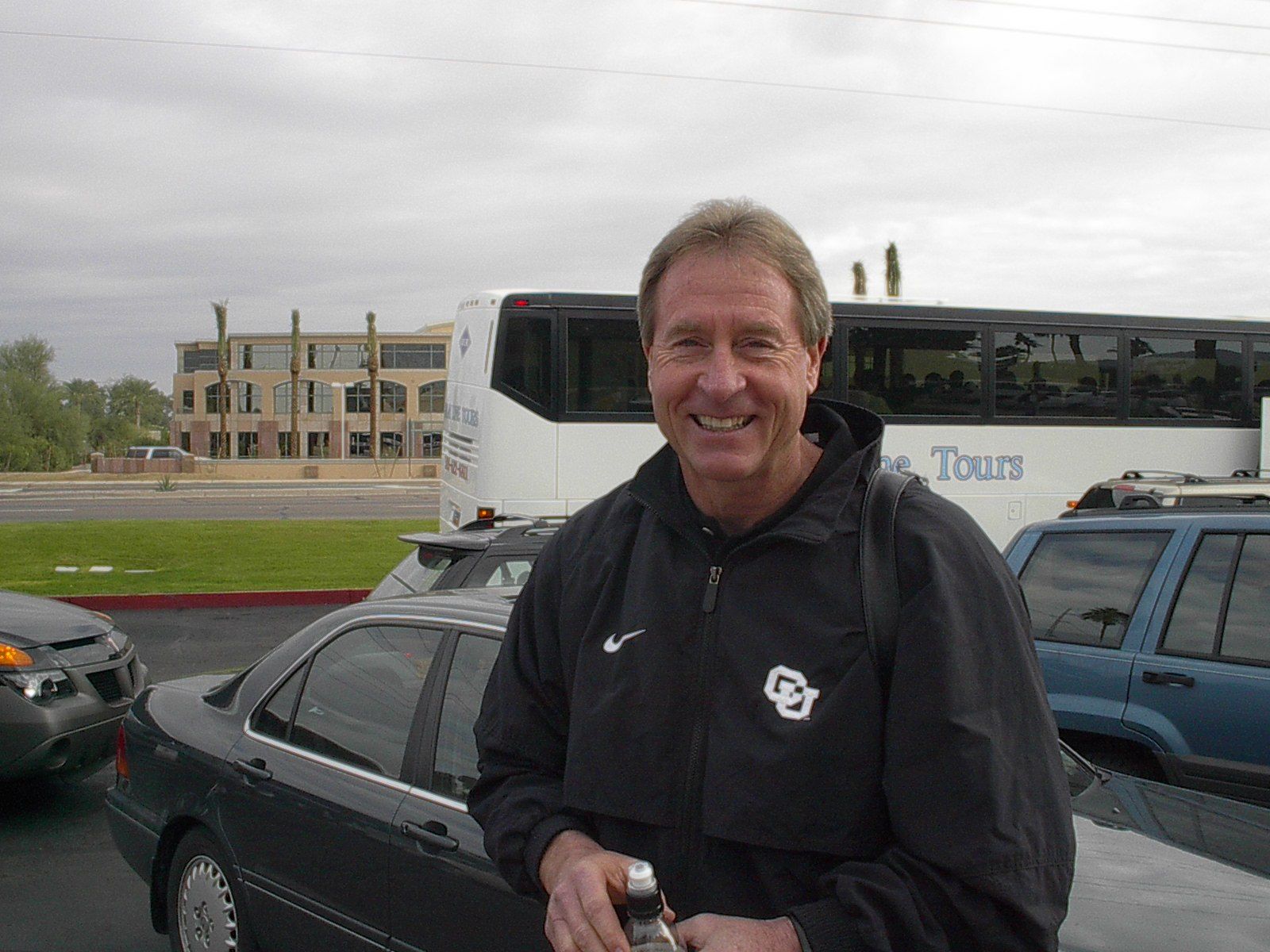
Modern air travel, especially when involving multiple airlines, can quickly turn a routine trip into a prolonged challenge for passengers. This was the experience of Gray Barnett, a 16-year-old cyclist and the U.S. national time trial champion in his age group, whose $12,000 competition bicycle became stranded in Europe. The incident triggered an extensive effort by his family to recover the valuable equipment.
Gray, a member of the EF Pro Cycling team’s junior development program, frequently travels internationally for races. According to his father, Luke Barnett, Gray is a highly independent individual who manages much of his travel logistics personally and often journeys to Europe alone to coordinate with coaches for upcoming events.
During the summer season, Gray competed in races held in France and Belgium. His final competition near Lyon ended successfully for his team, leading into what was expected to be a straightforward return trip. The itinerary included a flight from Lyon to Brussels, followed by a connecting flight from Brussels to the United States.
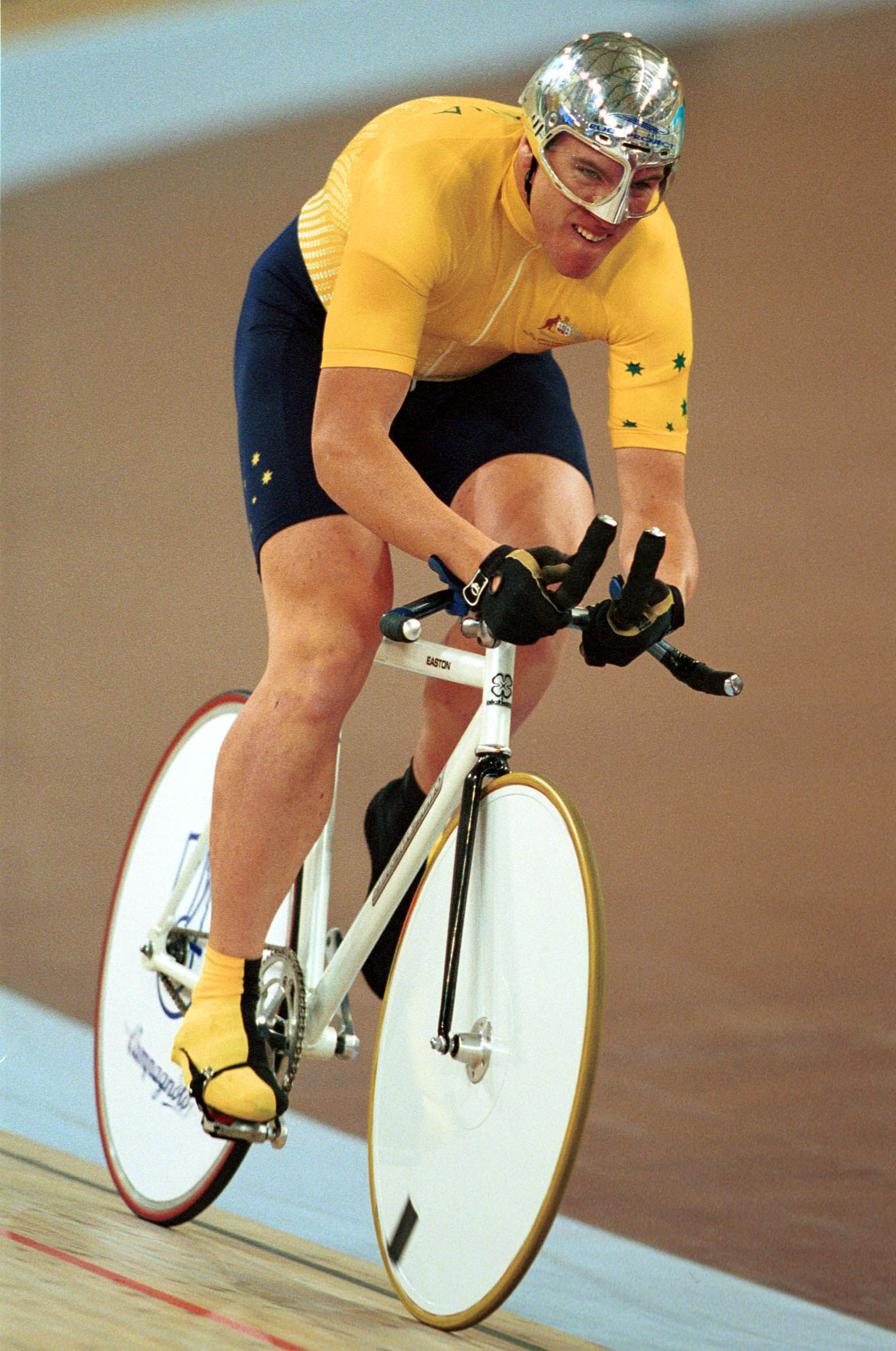
A Missing Bike and a Digital Lifeline
The expected ease of Gray Barnett’s return was disrupted upon his arrival in Greenville, South Carolina, where he discovered that his specialized racing bicycle had not accompanied him. This high-value piece of equipment, described by his father Luke Barnett as a “team bike” valued at “$12,000” and customized to Gray’s exact riding measurements, was critical for both his training and upcoming competitions. With an important event in Vermont approaching in just a few weeks, the absence of the bicycle posed an immediate and serious concern.
Fortunately, Gray had a modern tool to assist in locating the missing item: an Apple AirTag. The small tracking device, suggested by his mother, allowed the family to trace the bike’s whereabouts precisely. Luke Barnett described this decision as “a mom’s intuition,” a judgment that would soon prove essential in resolving the situation.

A Clear Signal, But No Resolution
Upon confirming that his bicycle was missing, Gray used the Apple AirTag to determine its location. The device promptly indicated that the bike remained at Brussels Airport, the exact site where he had transferred to his flight to the United States.
The journey involved two code-sharing airlines. Brussels Airlines operated the segment from Lyon to Brussels, while United Airlines managed the transatlantic flight from Brussels to the United States. Both carriers are members of the Star Alliance, and the entire itinerary had been booked through United Airlines.
Despite the precise tracking information provided by the AirTag, efforts to retrieve the bicycle encountered significant delays. After several days without meaningful progress, Gray’s father, Luke Barnett, took a more direct role in the recovery process to support his son’s efforts.
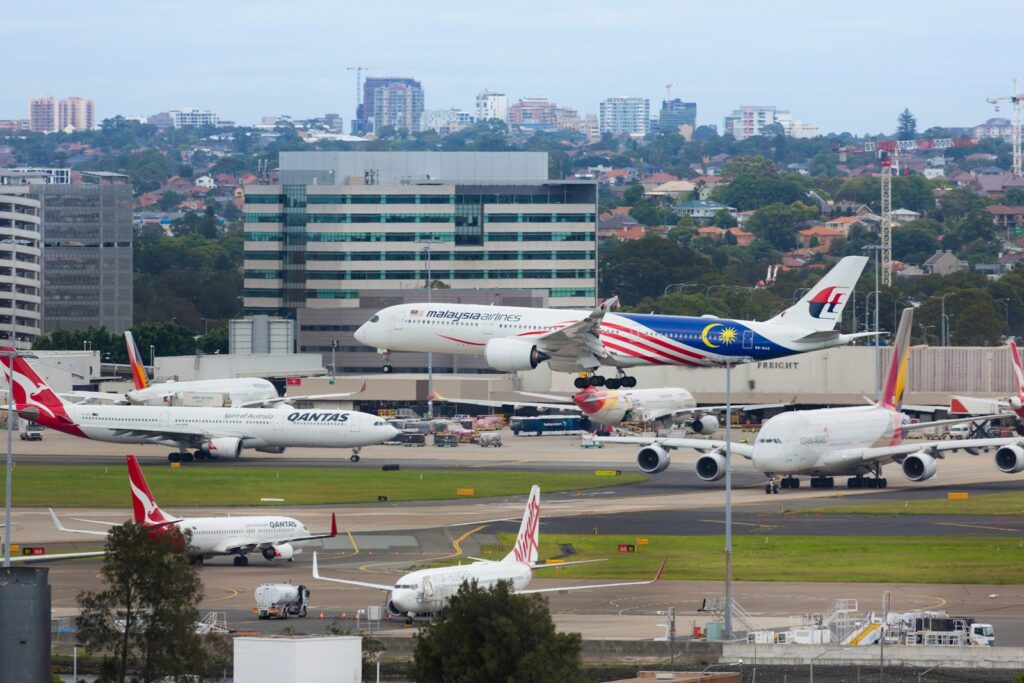
Deadlock Between Airlines Despite Clear Location
Gray had already contacted Brussels Airlines regarding the missing baggage. Meanwhile, his father directed his attention to United Airlines, which had issued the ticket and was responsible for the final segment of the journey.
The AirTag continued to indicate that the bicycle remained stationary in the arrivals area of Brussels Airport from the moment it failed to reach Greenville. Luke Barnett relayed this precise location to United’s representatives through their baggage hotline, specifying the exact area where the item could be found.
However, United Airlines did not provide the resolution the Barnett family was seeking. According to Luke, their representatives stated, “Well, based on our records, Brussels Airlines have the bag and need to give it to us.” They assured him they would contact Brussels Airlines, but no immediate action followed.
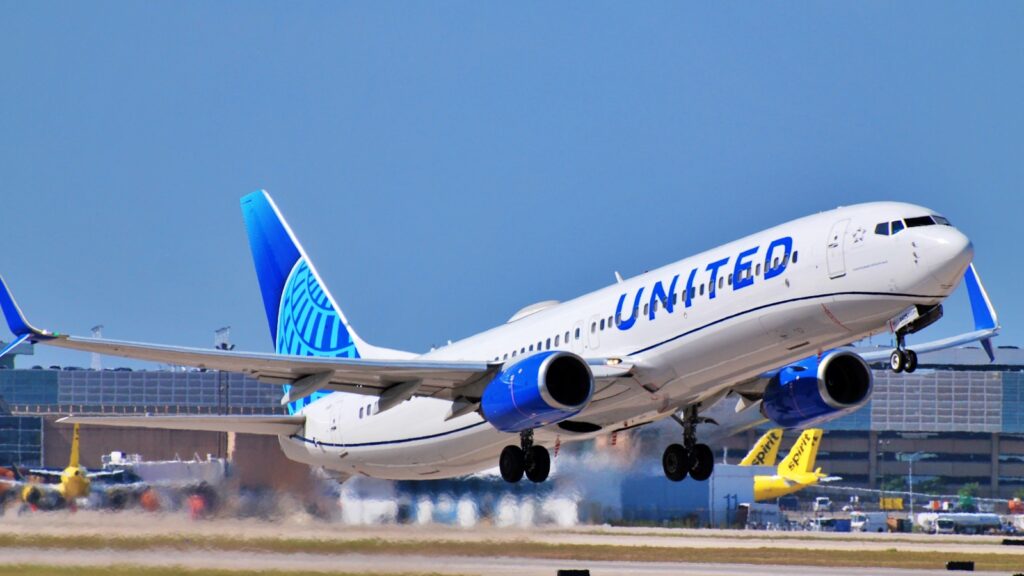
A Frustrating Cycle of Deflection
United Airlines’ claim that Brussels Airlines held the bag led Luke Barnett to contact Brussels Airlines directly. That effort proved unproductive, as the response he received was, “United booked your ticket, we’re not going to talk to you.” The result was a bureaucratic stalemate, with both airlines deflecting responsibility.
Luke returned to United Airlines, where representatives again stated they would “send another message to Brussels.” After repeated assurances with no progress, his frustration deepened. “I just needed someone to care enough to take 15 minutes to walk over and get the bag,” he said.
He attempted to appeal to the empathy of individual agents by explaining the bike’s critical role in Gray’s training and offered to provide photographic evidence. While one United employee did request a photo of the baggage location, communication ceased immediately after that, and no further updates were provided.

Escalating Pressure and a Shift in Strategy
Although Luke Barnett initially remained composed, the static AirTag signal provided only partial reassurance. An email sent to Gray upon filing his claim stated that unclaimed baggage would remain available for pickup in the Brussels arrivals hall for a period of “10 days,” with no indication of what would occur if the deadline was missed. As this time limit approached, urgency intensified.
With traditional customer service channels proving ineffective, Luke sought alternative solutions. On the recommendation of others, he turned to social media and tagged United Airlines in posts on Facebook and X (formerly Twitter). This strategy, though unconventional, proved more effective. As Luke observed, “It was ironic that I wasn’t getting help from the call center, but was making more headway through direct messages on Twitter.”
Alongside his public appeals, Luke also submitted a formal complaint to United Airlines. In response, he received a generic acknowledgment promising a reply within “14 to 21 days,” with a maximum of eight weeks. This projected timeline stood in stark contrast to the much shorter 10-day window for recovering the bike.
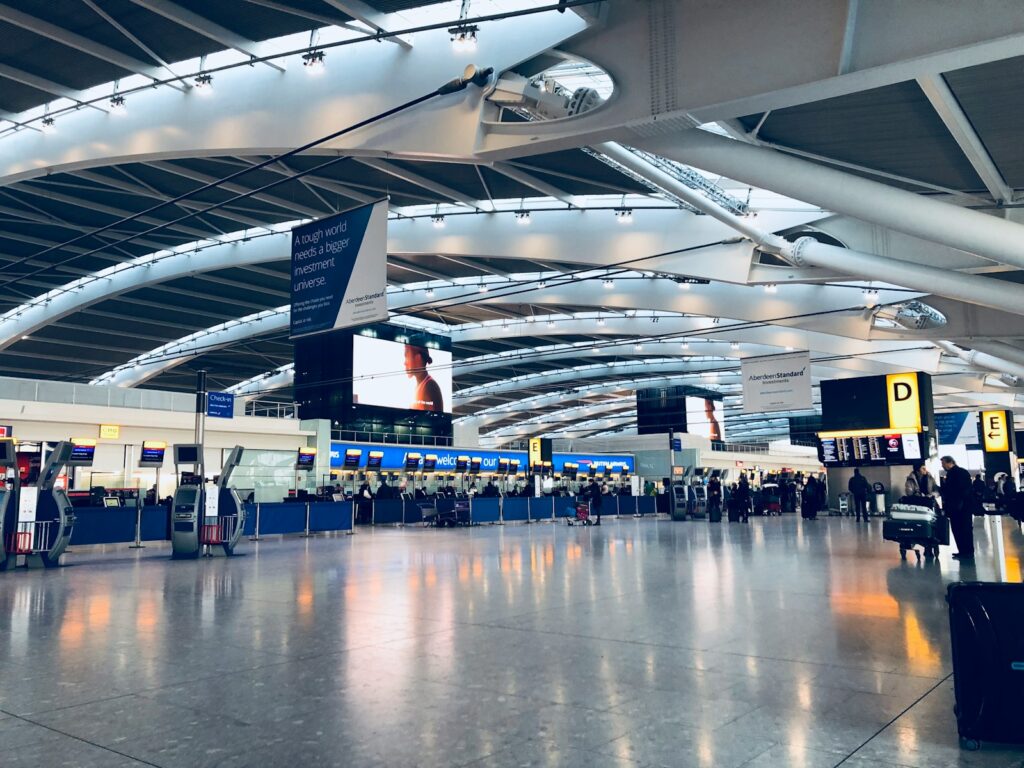
Persistence Pays Off: Turning to the Airport for Help
Expanding his efforts further, Luke Barnett filed a complaint with the U.S. Department of Transportation, following a friend’s recommendation. Despite multiple attempts to prompt action from the airlines, the $12,000 bicycle remained unmoved at Brussels Airport.
With both United and Brussels Airlines offering no effective assistance, the Barnett family shifted their approach. Luke decided to bypass the carriers entirely and contact Brussels Airport directly. He submitted a detailed inquiry through the airport’s online contact form, explaining the circumstances, providing the exact AirTag location of the bike, and requesting assistance.
Initial responses from the airport reiterated that responsibility for baggage lies with the airlines, not the airport, and that no help could be provided. Refusing to accept this dismissal, Luke sent two more follow-up messages, emphasizing the urgency of the matter.
His persistence yielded a response. A different airport representative, Ella Dollinschi, replied to his third message. As a customer care agent at Brussels Airport, she was willing to take additional steps beyond standard procedure to assist the Barnett family.
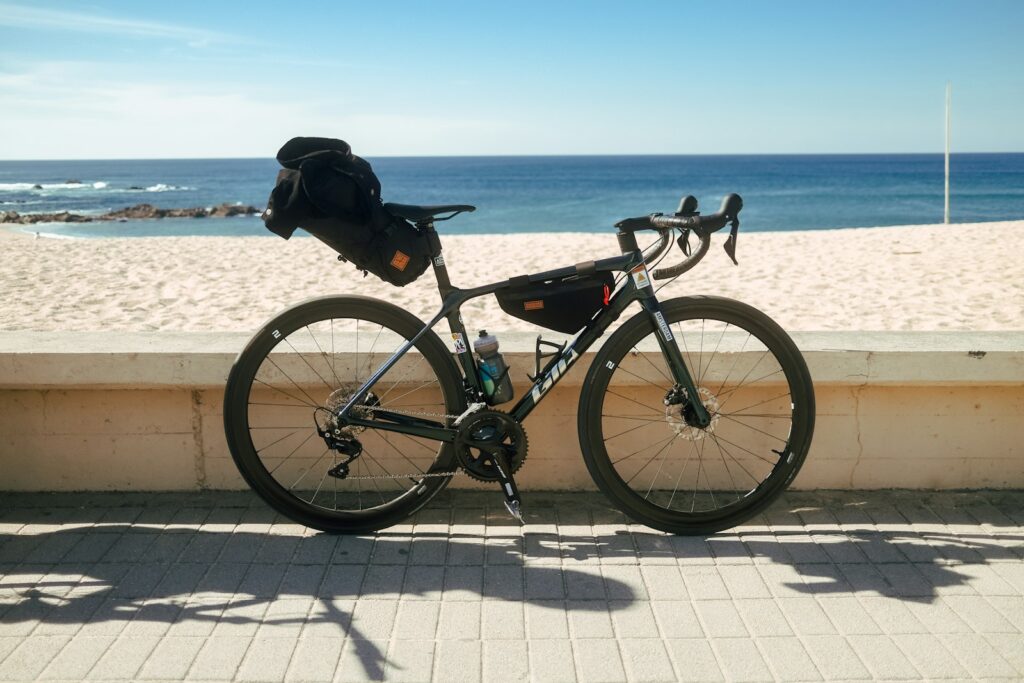
A Human Response and the Breakthrough
Ella Dollinschi’s initial reply offered a clear shift in tone and approach: “We went to the baggage reclaim for you but could not find your baggage. In the file is indicated a bike bag. Could you please describe the baggage or maybe you have a picture of it?” she wrote.
Luke Barnett responded promptly, supplying the real-time AirTag location and two photographs of Gray with the specific bike bag, providing visual confirmation of its dimensions and appearance. Ella replied shortly thereafter, stating, “I will go back once more at the end of my shift.”
Less than an hour after this exchange, a decisive message arrived in Luke’s inbox: “Dear Luke, Thank you for your patience. We have found your baggage. They will send it tomorrow on flight UA 2337 to Greenville via Chicago.” The Barnett family’s relief was immediate and profound.
A Moving Signal and a Personal Resolution
Ella Dollinschi’s message marked more than a promise; it initiated action. Shortly after receiving her email, Gray checked his phone and confirmed through the AirTag that the bicycle was no longer stationary. The device showed it had shifted to another location within Brussels Airport, indicating preparations for transport.
The next day, the AirTag signaled continued movement. The bicycle was briefly detected in Chicago before vanishing again, then reappearing at 11 p.m. in Greenville, South Carolina. Although airlines typically arrange for lost baggage to be delivered directly to passengers, the Barnetts, determined to retrieve the bicycle without delay, chose to collect it themselves. Luke Barnett drove to the airport, where the long-missing equipment awaited.
Ella Dollinschi, a customer care agent at Brussels Airport, played a central role in this outcome. Her willingness to act personally within a system often defined by procedural detachment highlights the power of individual responsibility and empathy in resolving logistical failures.
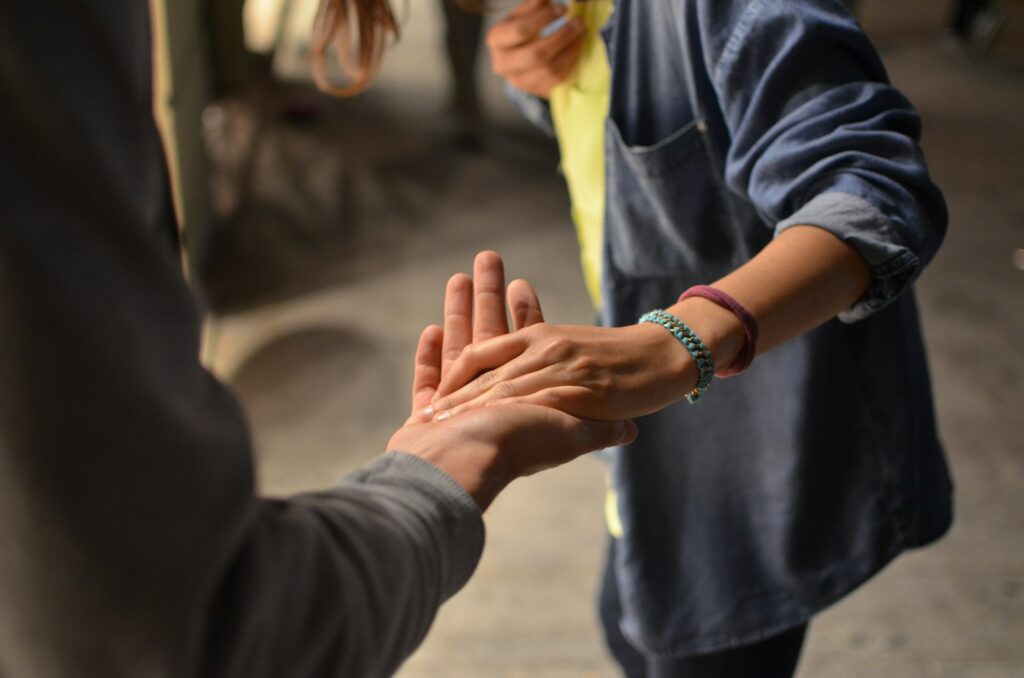
Human Compassion and Digital Precision
In an email to CNN, Ella Dollinschi explained her motivation: “I made sure to help this passenger because I felt he was in a situation where he was a bit lost and didn’t get the help he needed. I think it’s important to help our passengers, even if it is beyond my skills and duties. It wasn’t that much of an effort to go looking for the bag in the stock of the handlers. And in general, I think it’s important to help other people from a humane perspective.”
Both Luke and Gray Barnett deeply appreciated Ms. Dollinschi’s assistance. Reflecting on the experience, Luke stated, “I just needed someone to care, and finally found someone who did.” Her empathy stood in stark contrast to the procedural rigidity they had encountered from the airlines.
The successful retrieval was greatly aided by the accurate location data from the Apple AirTag. Luke Barnett emphasized its significance, stating, “I don’t know what would have happened if we hadn’t had the AirTag.” He questioned whether the bike would have been recovered at all or if the process would have stalled indefinitely, expressing doubts about whether lost baggage receives “adequate diligence” after extended delays.
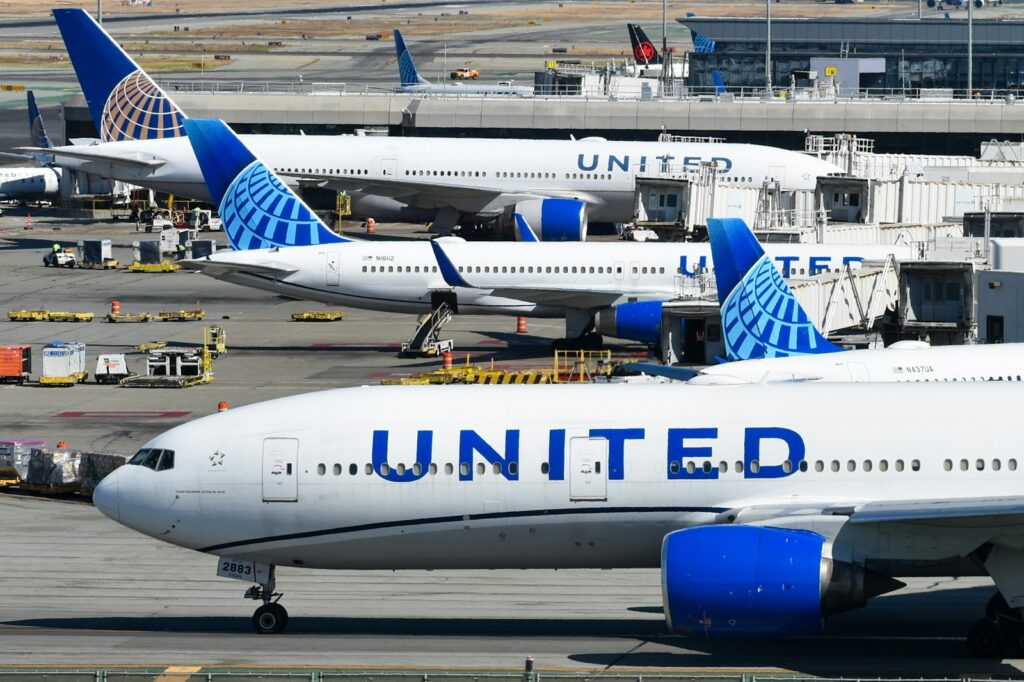
A Systemic Failure and a Call for Accountability
Beyond the immediate relief of recovering his son’s bicycle, Luke Barnett, who works with financial institutions on cost-efficiency strategies, offered a broader critique of airline operations. He described the baggage handling system as fundamentally flawed, arguing that greater efficiency could generate substantial savings for carriers.
He cited the cumulative costs incurred during the retrieval process, including extensive phone communications, time spent addressing government complaints, and the reputational damage caused by his public posts. “I can’t imagine how much money they could have saved on my case. If you multiply that by the number of similar incidents, they could reduce expenses significantly by improving their systems,” he stated.
Barnett directed his strongest criticism at United Airlines, which had issued the ticket. He believed the airline should have taken greater responsibility, calling it ironic that Brussels Airport, which had no formal obligation in the matter, provided the decisive intervention.
In response, United Airlines issued a statement: “We worked with Mr. Barnett to reroute his bike to Greenville-Spartanburg International Airport as soon as the other airline gave it to us. We’ve apologized to Mr. Barnett for the delay and provided travel credits to use toward a future flight.” Luke Barnett confirmed receipt of $150 in travel credits, noting that the original cost to check the bicycle had been $400.

Despite the considerable frustrations endured, Luke Barnett recognized positive outcomes for his son from the experience. He believed the ordeal imparted a valuable lesson in “polite persistence.” He expressed satisfaction that Gray acquired important life skills and learned to confront challenges independently. Luke Barnett remarked, “I’m happy that he had the experience, and we resolved it together.”
Nonetheless, the incident left a lasting impression on Gray’s approach to travel. Luke Barnett wryly observed, “He’ll probably never check a bag without an AirTag for the rest of his life.” This reflects a broader trend of travelers relying on personal technology to mitigate the shortcomings of complex travel systems.
The saga of Gray Barnett’s $12,000 bicycle illustrates both the persistent challenges in air travel baggage management and the profound impact of individual empathy. While technology such as the AirTag can provide critical information to locate lost items, it often requires the human element—a “humane perspective” embodied by Ella Dollinschi—to navigate complex organizational structures and achieve resolution. This case reinforces the essential role of empathy and dedicated effort in an increasingly automated world to overcome obstacles and provide vital support to travelers.




